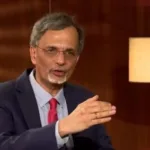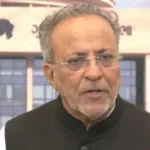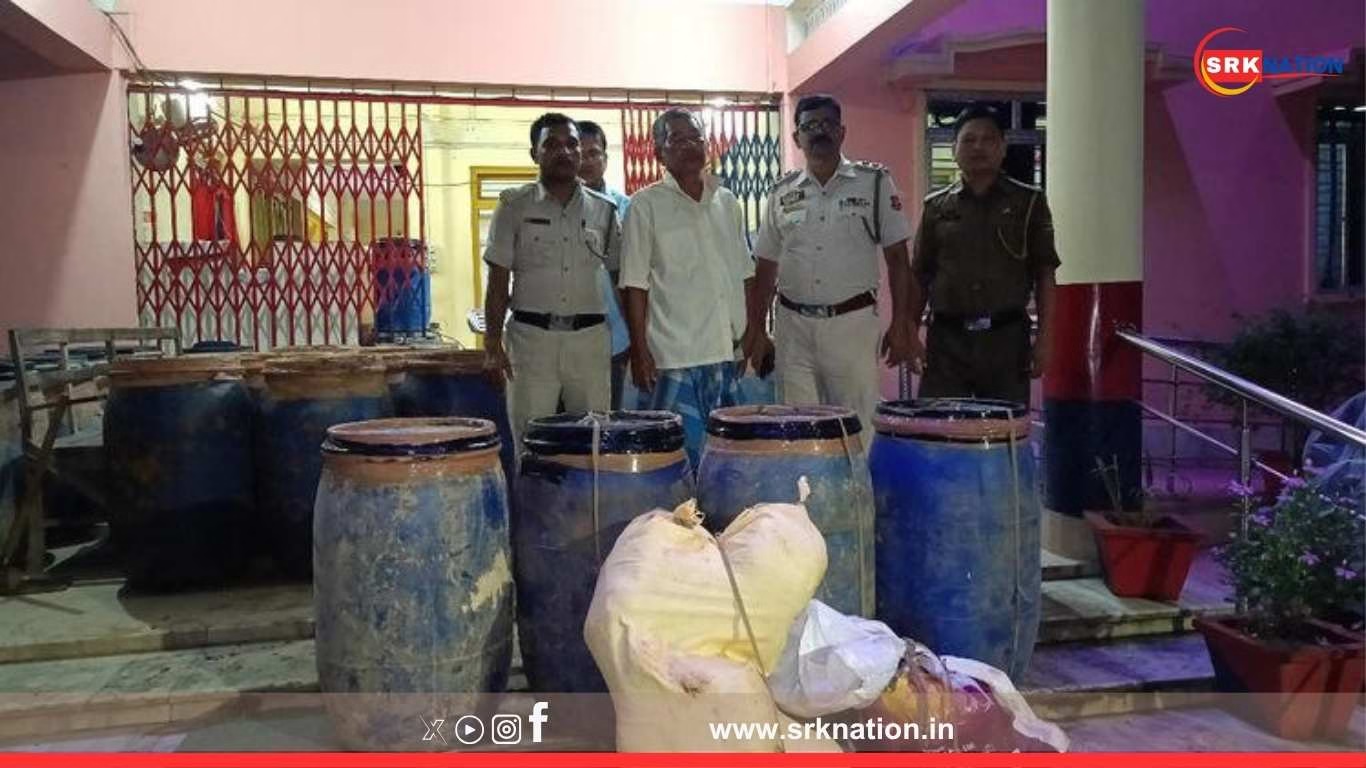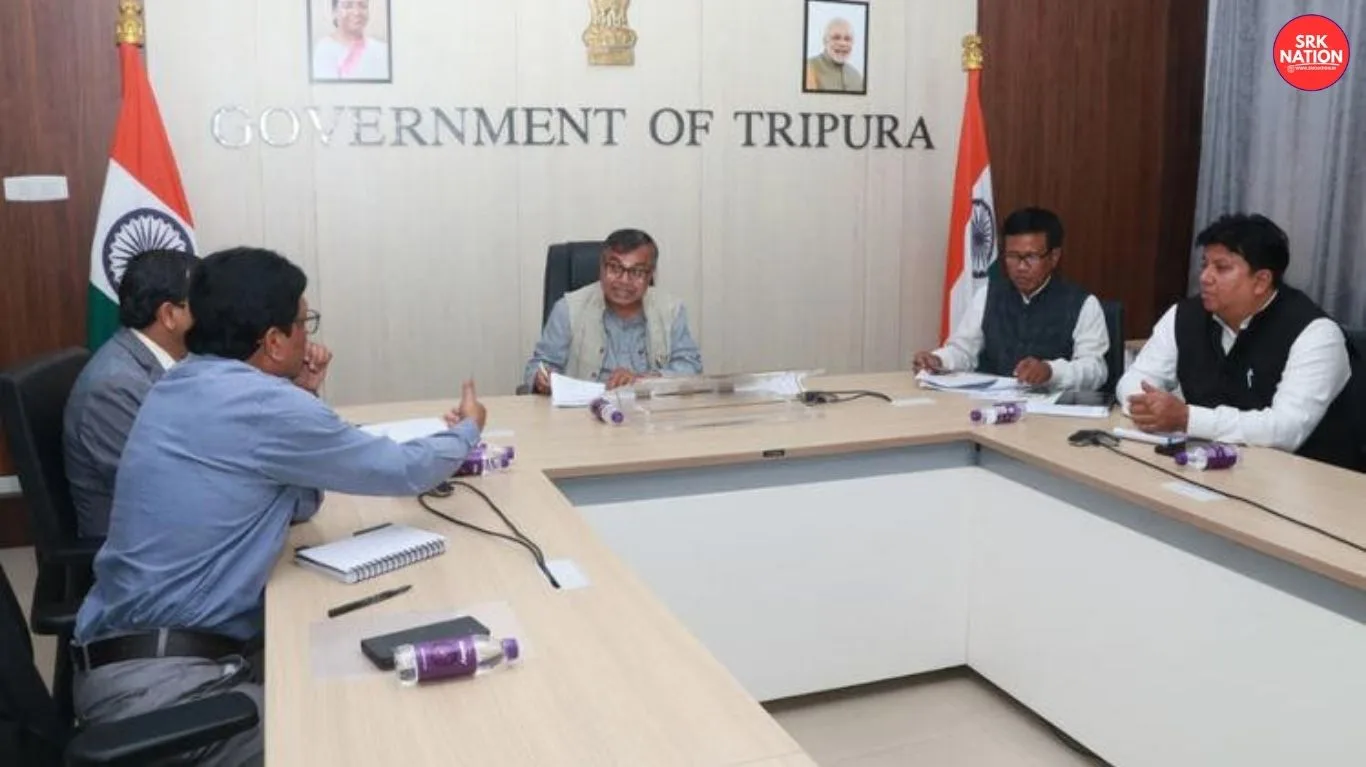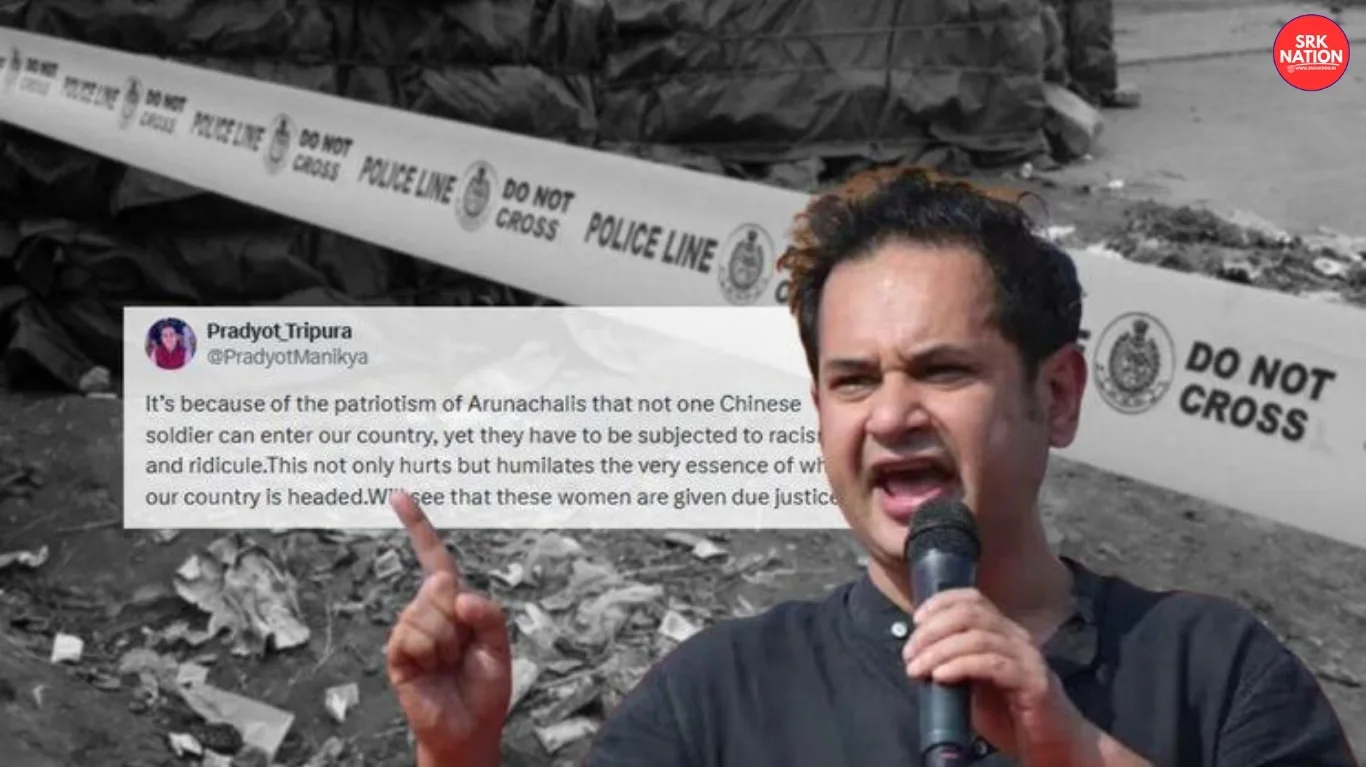In a significant development in Tripura’s continuing battle against the illegal drug trade, authorities have seized cannabis worth approximately Rs 1 crore in the Sepahijala district, reinforcing the state’s position as a hotspot in the transnational narcotics trafficking corridor of Northeast India. In a separate but related operation, one individual was arrested, indicating coordinated law enforcement activities aimed at dismantling the supply chain of cannabis and other illicit substances.
The seizures and arrest come amidst growing concern about Tripura’s vulnerability to drug smuggling owing to its porous international borders, particularly with Bangladesh, and its position near routes used for trafficking from Myanmar through Mizoram and Manipur.
Drug Seizure Details: Cannabis Packed for Smuggling
The major cannabis seizure in Sepahijala occurred during a joint operation by the Tripura Police and the Border Security Force (BSF). Acting on intelligence inputs, the teams raided a suspected hideout in a forested area near the international border and discovered a large quantity of dried cannabis, locally known as ganja, meticulously packed in plastic-wrapped bundles for transportation.
According to police reports, the total amount recovered was nearly 500 kilograms, with an estimated street value of Rs 1 crore, making it one of the most substantial seizures in the district in 2025.
| Narcotics Seizure Statistics (2025 So Far in Tripura) |
|---|
| District |
| ——————- |
| Sepahijala |
| Dhalai |
| North Tripura |
| West Tripura |
| Gomati |
The cannabis was allegedly harvested in the hill regions of the state, where illegal plantations often flourish under the radar due to difficult terrain and limited surveillance. Police believe the consignment was intended for smuggling into Bangladesh via land routes, utilizing obscure pathways to bypass border fencing and surveillance points.
Arrest Made in Separate Operation
In a separate operation conducted simultaneously in a neighboring subdivision of Sepahijala, law enforcement authorities arrested one individual suspected of involvement in cannabis distribution. The person, identified as a resident of Bishalgarh, was allegedly caught red-handed with 30 kilograms of cannabis in his possession during a late-night vehicle check on a regional highway.
Interrogation is currently underway, with initial leads suggesting links to a broader network of suppliers and transporters operating between Tripura, Assam, and West Bengal. The arrested individual will be produced in court under relevant sections of the Narcotic Drugs and Psychotropic Substances (NDPS) Act.
Enforcement Officials Speak Out
Senior police officers have reiterated the administration’s zero-tolerance approach toward drug smuggling. Speaking to local media, a senior official from the Anti-Narcotics Task Force (ANTF) said:
“Tripura has emerged as a trafficking transit route due to its geographical location. The seizure of cannabis worth Rs 1 crore in Sepahijala is a big breakthrough. We are working to map the entire supply chain, from cultivation to distribution.”
Cannabis Cultivation a Rising Concern in Interior Areas
Despite intensified police patrolling, illegal cannabis cultivation continues to proliferate in forested and hilly parts of Tripura, particularly in Dhalai, Khowai, and Sepahijala districts. A lack of consistent satellite monitoring and insufficient forest surveillance has contributed to the persistence of these covert operations.
Government agencies have been urged by civil society organizations to focus not just on seizures but also on eradicating cultivation and providing alternative livelihood options to those coerced into illegal activities by poverty or coercion.
Link to Organized Crime and Cross-Border Smuggling
Investigations suggest that cannabis seizures in Tripura may not be isolated cases but instead part of a larger transnational organized crime network. Cannabis harvested in the northeastern states is smuggled through Tripura and Mizoram to Bangladesh, where demand has been surging in urban centers.
Security agencies are also examining whether the arrested individual has any ties to syndicates that operate along the Indo-Bangla border, many of which have diversified into smuggling synthetic drugs, heroin, and methamphetamine pills.
Government’s Anti-Drug Mission Gathers Pace
The Tripura government, in collaboration with central agencies such as the Narcotics Control Bureau (NCB), has launched Operation Parivartan — a statewide anti-drug campaign focused on:
- Eradicating illicit plantations
- Boosting youth de-addiction programs
- Community awareness drives
- Cracking down on smugglers and transporters
| Key Anti-Narcotics Measures in Tripura (2025) | Status/Remarks |
|---|---|
| Operation Parivartan (Anti-drug campaign) | Statewide rollout with high school-level awareness |
| Drone Surveillance in Forest Areas | Pilot phase in Dhalai and Gomati |
| Cross-border Coordination with BSF | Intensified patrols and real-time intelligence |
| De-addiction Centers for Youth | Set up in Agartala and Ambassa |
Local MLAs and Panchayat leaders in border areas have been asked to identify suspicious plantations and report them anonymously to forest and police departments to avoid retaliation.
Legal Provisions and Prosecution Challenges
While the NDPS Act prescribes stringent penalties for possession, cultivation, and trafficking of cannabis, experts argue that delays in prosecution, backlog in forensic testing, and lack of rehabilitation provisions for first-time offenders often weaken the state’s anti-drug machinery.
Legal analysts also call for better training for rural police forces in documenting and presenting airtight cases in court to ensure high conviction rates.
Public Awareness and Community Role
In a bid to involve communities in the anti-drug movement, local NGOs and school authorities are partnering with police to conduct workshops, street plays, and art campaigns to deter drug usage and trafficking.
The Sepahijala seizure is now being used as a case study in schools to demonstrate the harmful consequences of drug involvement — both from a legal and societal standpoint.
Conclusion
The seizure of cannabis worth Rs 1 crore in Sepahijala, coupled with an arrest in a related operation, marks a critical moment in Tripura’s ongoing crackdown on narcotics. However, for sustainable progress, stakeholders stress the need for a multi-pronged strategy that addresses law enforcement, economic alternatives for cultivators, legal efficiency, and social rehabilitation.
With law enforcement agencies doubling down on surveillance and intelligence-gathering, Tripura’s fight against the drug menace appears far from over, but the message is clear — the state is no longer willing to tolerate the use of its land as a hub for narcotics trafficking.
Disclaimer:
This article is intended solely for informational and journalistic purposes. It is based on current developments and official statements at the time of publication. No part of this content is meant to promote, condone, or glorify illegal activities, nor should it be construed as legal or medical advice.

